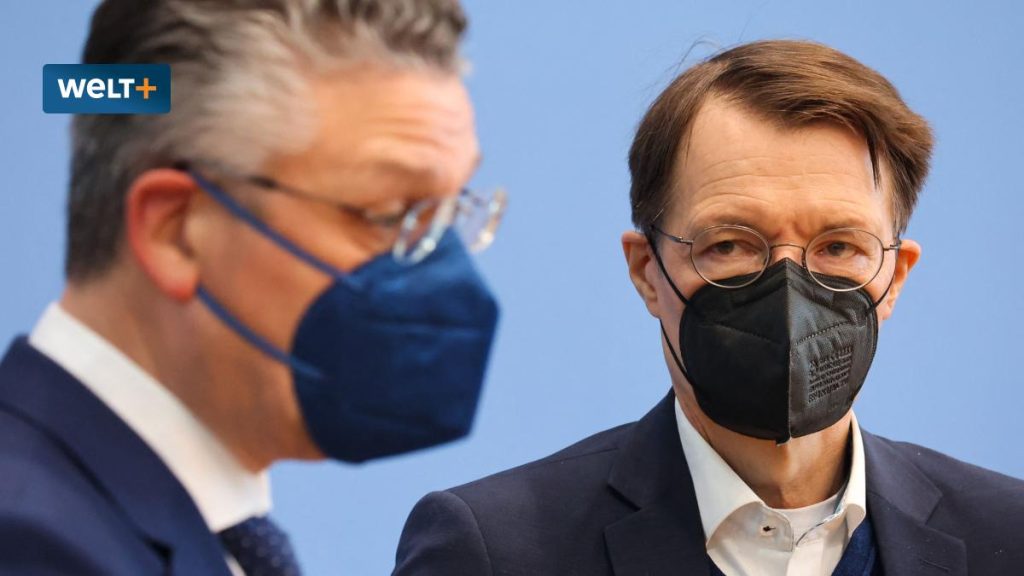In recent years, restrictions on fundamental rights during the Covid-19 pandemic have been justified by scientific evidence. However, newly released documents suggest that researchers may have had much more controversial discussions about these measures than politicians have led the public to believe. An analysis of the documents sheds light on the complexities of decision-making during the pandemic.
The newly revealed documents provide insight into the internal discussions among researchers regarding Covid-19 measures. These discussions were often more nuanced and diverse than the public narrative suggested. Scientists debated the effectiveness of various measures, such as lockdowns and mask mandates, and the potential impacts on society and individuals. The documents reveal that there was no consensus among experts, challenging the idea that scientific evidence unequivocally supported the government’s decisions.
The discrepancy between the internal discussions among researchers and the public messaging by politicians raises questions about transparency and accountability in decision-making during the pandemic. It suggests that the public may not have been fully informed about the complexities and uncertainties surrounding Covid-19 measures. This lack of transparency could erode trust in both the scientific community and government authorities, undermining efforts to effectively manage the pandemic.
These revelations also highlight the challenges of balancing public health measures with individual rights and freedoms. The documents show that researchers grappled with ethical dilemmas and trade-offs between protecting public health and safeguarding civil liberties. This tension underscores the importance of open and transparent communication between policymakers, scientists, and the public to ensure that decisions are made in the best interests of society as a whole.
Moving forward, it is essential for governments to be transparent about the scientific evidence and discussions that inform their Covid-19 policies. By providing a more accurate and complete picture of the decision-making process, authorities can build trust and credibility with the public. This transparency can also help foster more informed public debates and discussions about the most effective and ethical ways to respond to future pandemics or public health crises.
Ultimately, the newly released documents serve as a reminder of the complexities and uncertainties inherent in managing a global pandemic. It is crucial for decision-makers to consider a wide range of scientific perspectives and ethical considerations when implementing Covid-19 measures. By acknowledging and addressing these complexities openly and honestly, governments can enhance their credibility and effectiveness in navigating future health crises.


